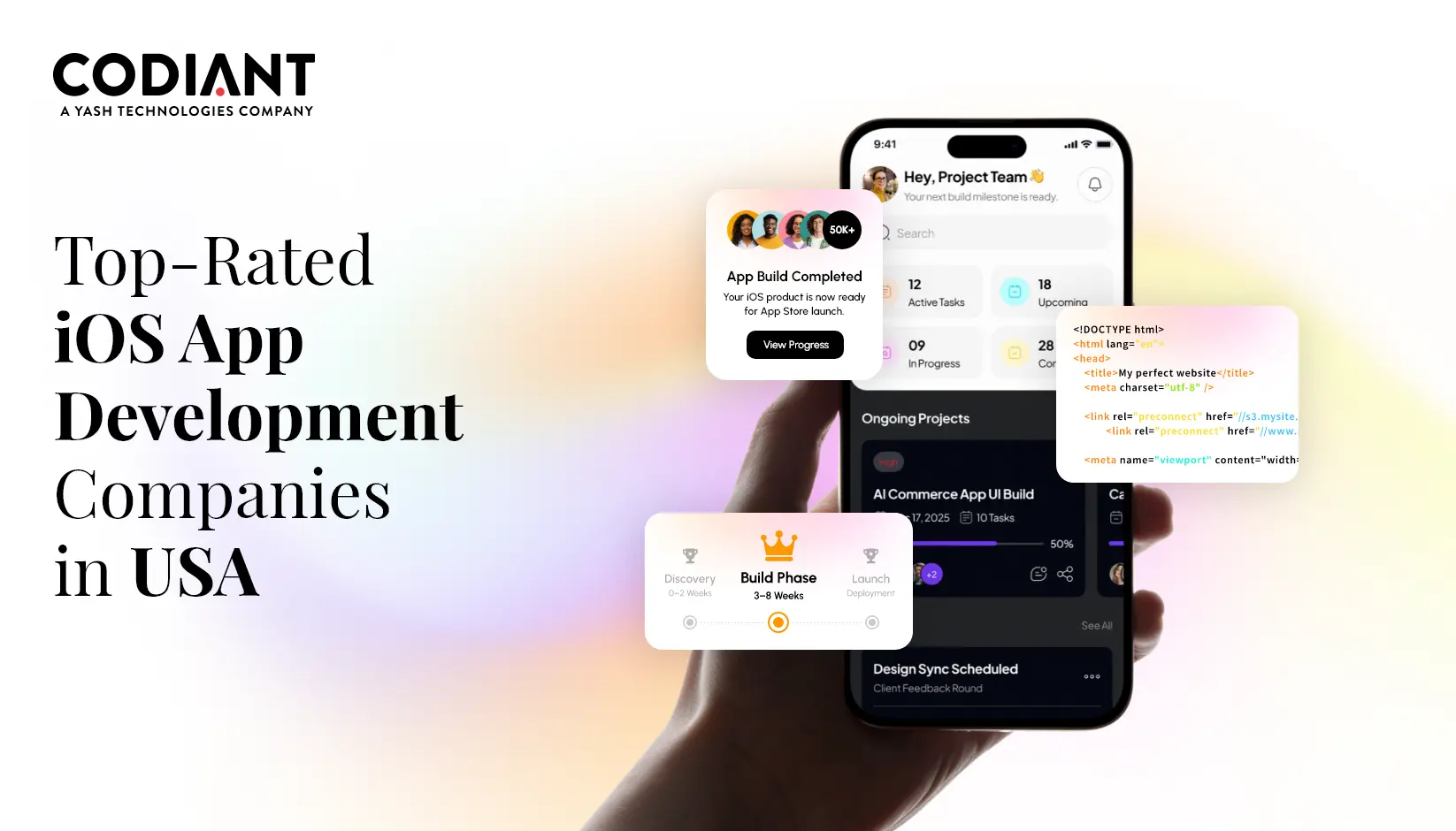How to Create a Mobile App Startup: Analyzing Strategies for Startup
Table of Contents
Subscribe To Our Newsletter
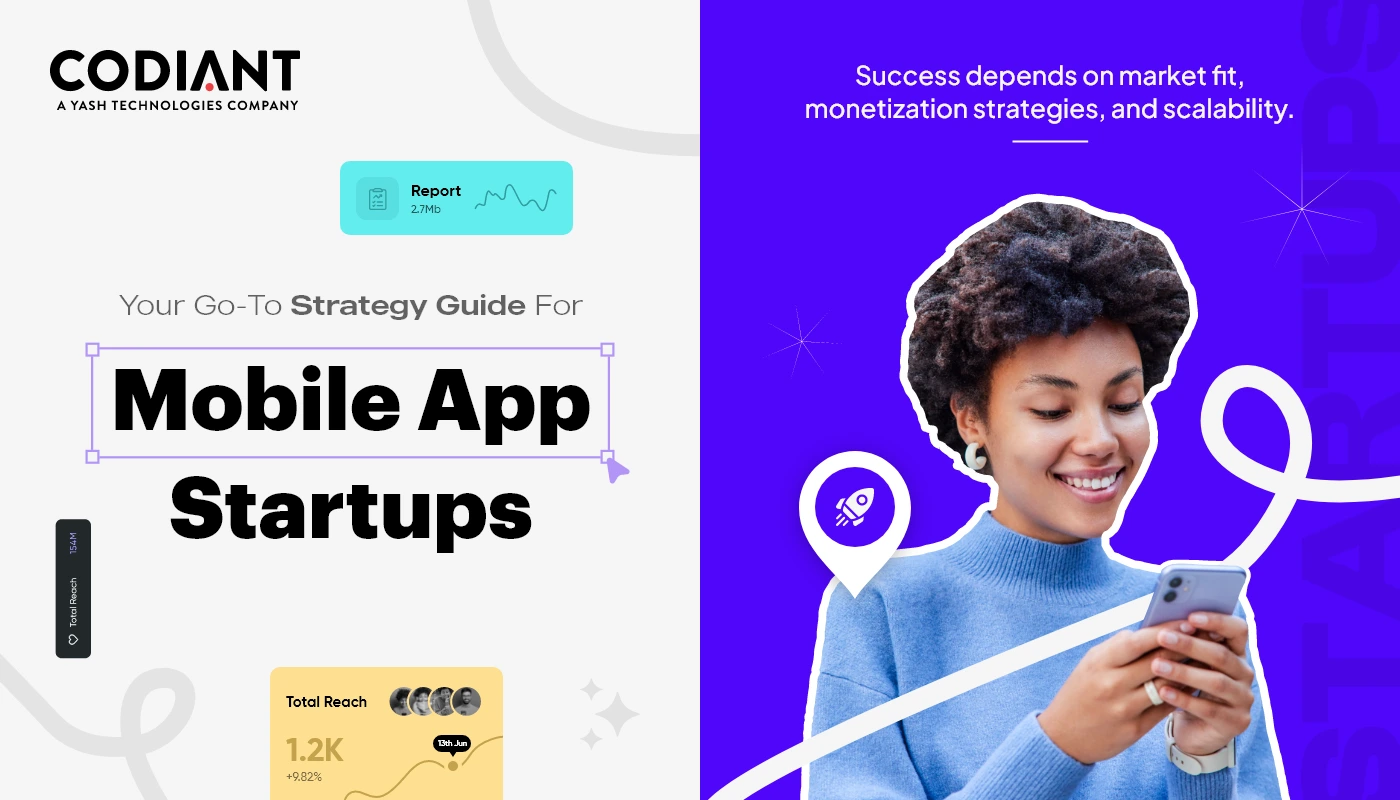
Turning an idea into a real, scalable business takes more than a great product—it’s about solving the right problem for the right people at just the right moment. With over 3 million apps already crowding on the App Store and Google Play, standing out isn’t easy. It’s not about cool features or perfect code—it’s about staying focused on what actually matters, keeping things simple, and giving users a reason to coming back again and again.
Most founders start with an idea. But not all ideas turn into growing businesses. What sets successful mobile app for startups apart is their ability to validate real problems, respond to user feedback, and adapt quickly in the fastest-moving industry. From early market research to crafting a lean MVP, and from selecting monetization models to scaling sustainably, every move must be intentional.
In this guide, we’ll walk you through the complete journey of building a mobile-first startup, sharing actionable insights, proven strategies, and real-world lessons that can help you avoid common pitfalls and build something that truly lasts.
Inside the Mobile App Startup Ecosystem
Learn why the mobile-first model dominates modern startups—and what challenges you must overcome to stay competitive. Take a look —
1. Mobile Apps Are More Than a Trend
Apps are now central to how we pay, learn, shop and live. With estimated revenues exceeding $ 935 billion in 2025, the mobile app’s ecosystem is no longer a niche – it is a launchpad for some of the most disruptive startups on a global base. Launch in categories such as HealthTech, Edtech or Fintech does not only require coding – it requires niche insights and smart execution.
2. Startup Success Stories Are App-First
From Headspace to Duolingo, many breakout businesses began with mobile app startup ideas. What did they do right? A sharp focus on user needs, a laser-cut mobile app business model, and fast, feedback-driven development cycles.
3. But Challenges Are Real
Thousands of apps launch every week, and most don’t make it past a few hundred downloads. App development for startups isn’t just about launch—it’s about solving a real problem and surviving the chaos of the App Store battlefield.
Every Day You Wait, 3,000+ New Apps Go Live!
The window to stand out is shrinking fast. Don’t let your idea sit idle while the world moves forward.
At Codiant, we help founders like you move from napkin sketch to MVP in just 6–8 weeks—with the features that matter.
Mobile App Development is a Lucrative Venture
The mobile app industry is booming. With over 5 billion smartphone users worldwide and app revenues forecasted to surpass $755 billion by 2027, there’s never been a better time to enter the space. For entrepreneurs wondering how to start an app business, this ecosystem offers enormous growth potential—especially for those who execute with precision.
Key Stats Defining Market Potential:
- Mobile apps convert 3x better than mobile websites
- 50% of small businesses now have a mobile app
- 90% of mobile time is spent on apps, not browsers
- 70% of users expect a business to have a mobile app
- App usage is growing twice as fast in emerging markets
These trends underline the importance of mobile app development for small business as not just a value-add—but a necessity.
Strategies to Create an App for Startup Business
Below are the proven strategies that will help you shape your idea, validate it fast, and build an app that grows with your business objectives. Take a look –
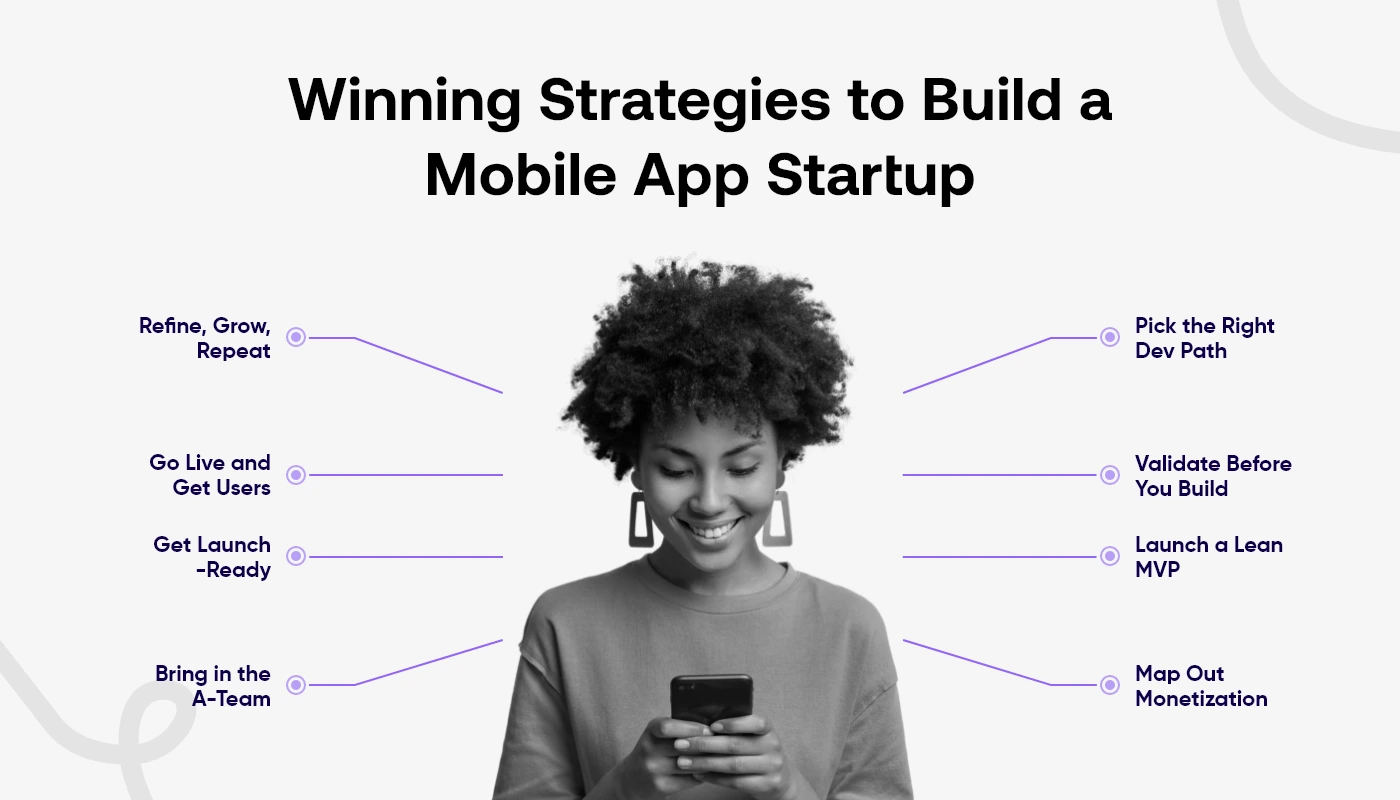
1. Explore Multiple App Development Paths
To stand out, consider these models:
Cross-Platform App Development
Using cross-platform app development frameworks like Flutter or React Native lets you build for iOS and Android simultaneously—ideal for faster time-to-market and reduced costs.
Progressive Web Apps (PWAs)
Progressive Web Apps deliver a hybrid experience between web and mobile, and can be a great starting point for startup app ideas looking to test markets.
Niche-Specific Development
Focusing on verticals like fintech, healthcare, or eLearning allows you to specialize and craft precise business app development
2. Validate Your Core App Idea
Before writing a single line of code, make sure your idea solves a pain point that’s big enough—and common enough—for people to care.
Solve a Real-World Problem
Don’t guess—research. Your app should answer a clear “why now?” Use surveys, Reddit threads, or social groups to test if the problem you’re solving is painful, urgent, and frequent. This is where mobile app market research can help you in the process. Look for forums where your users hang out. Analyze their complaints. Identify what’s missing in their current solutions. Also, read complete guide to mobile app development for more details!
Build Rich User Personas
Who are you building for? A fitness enthusiast? A stressed-out student? A remote team manager? Flesh out demographics, behaviors, platforms they use, and what motivates them to download (or delete) an app.
Perform Competitor Analysis
Use your competition as a springboard. What are they doing well? Where are users complaining? Find your unfair advantage—and use it to stand out.
Validate with Real Tools
Use no-code builders to create a basic version. Or build a simple landing page with a sign-up CTA. The goal is to gauge demand before diving into MVP app development.
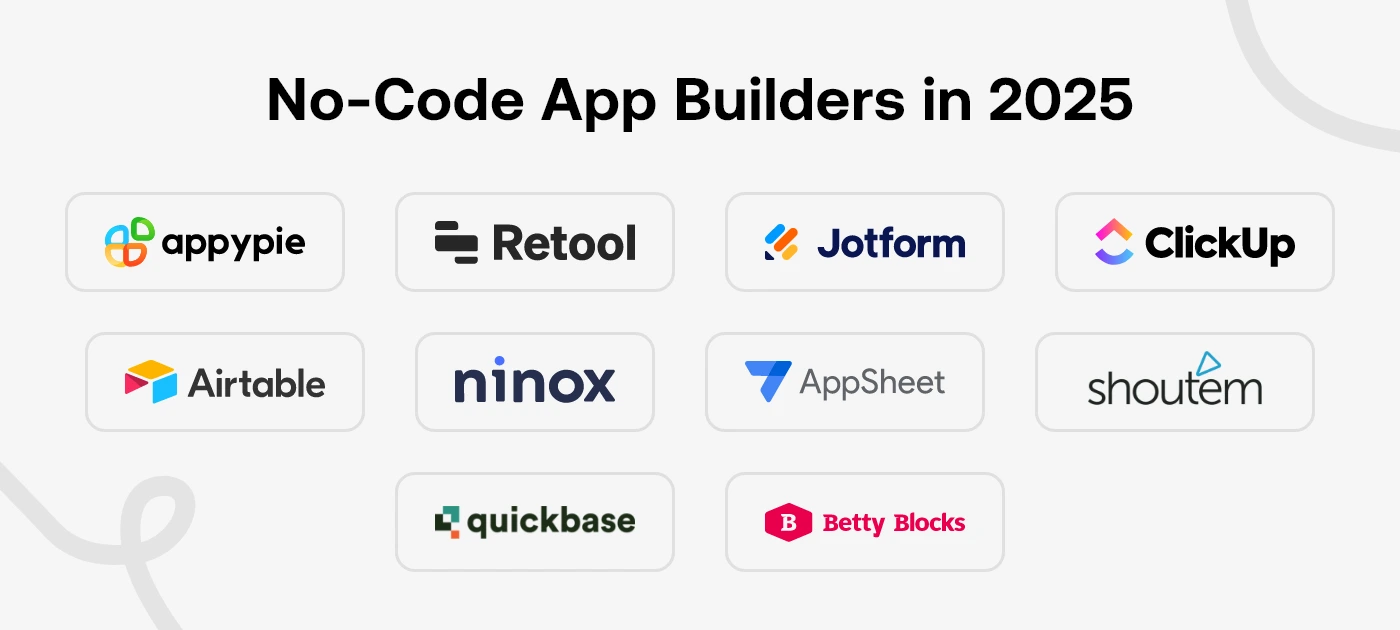
3. Build Your MVP — Faster & Smarter
Your MVP (Minimum Viable Product) isn’t a cut-down version of your dream—it’s a laser-focused tool to learn what matters most to users. In the world of lean startup methodology, an MVP app development helps you avoid wasting months building the wrong thing. It lets you test hypotheses, get feedback, and pivot fast.
What to Include
Only add the things that is actually needed in your MVP. It includes core user flow, sign-up/login, analytics tracking, a way for users to give feedback.
Budget & Timeline
Most MVP app development projects cost $15,000 to $50,000 and take 6–12 weeks. With a good team and clear goals, you can get your first version out faster than you think.
Tools That Speed Up Dev
Use cross-platform tools like Flutter or React Native to build for both iOS and Android app development at once. For ultra-lean experiments, try Bubble, Glide, or Appgyver.
Build Smart. Launch Lean. Learn Fast.
94% of startups fail because they build too much, too soon. Your MVP should be your launchpad—not your legacy code.
Codiant’s app developers help startups build revenue-ready MVPs in under 60 days—with just the features that matter.
Want to save 6 months of rework?
4. Make Monetization-Ready Business Plan
A brilliant product without a business model is just a hobby. Define how you’ll grow and earn. Estimate mobile app development cost before it’s too late.
Monetization Models That Work
There are different app monetization strategies—and the key is to align the mobile app business model with real user behavior. Choose the strategy that fits your users:
- Freemium (free access with paid upgrades)
- Subscription-based (predictable, recurring revenue)
- In-app purchases (best for games or fitness)
- Ads (only if you have large traffic volume)
Understand Your Costs
Create a detailed mobile app startup business plan example that outlines development, hosting, marketing, and customer support. Factor in monthly burn and plan your funding runway.
Plan for Scale Early
Use cloud platforms like AWS or GCP. Avoid hard-coding everything—opt for modular, scalable systems. Poor early decisions can make future updates painful and expensive.
5. Hire the Right App Development Team
It’s not just about hiring coders, it’s about assembling a team that thinks like founders—this is why leading USA mobile app development firms focus on vision, strategy, and innovation alongside technical skills.
In-House vs. Outsourced vs. Hybrid
Need help choosing? We’ve guided dozens of startups for branding & design at Codiant with our development for small business needs—balancing cost, speed, and quality with precision.
| Sl No | Model | Pros | Cons |
| 1 | In-House | Full control, better collaboration | Higher costs, longer hiring time |
| 2 | Outsourced | Lower costs, access to global talent | Requires careful vendor selection |
| 3 | Hybrid | Balance of control and cost-effectiveness | Coordination can be complex |
Choose the Right Stack
For speed, go cross-platform. For complex features and tight integrations, native languages (Swift, Kotlin) may be better. Think long-term maintenance too.
Vet Their Thinking, Not Just Skills
A good dev partner doesn’t just write code—they challenge your thinking. They bring experience, product insights, and a clear understanding of agile development for startups.
6. Perform Pre-Launch Like A Pro
Before you launch, build confidence in your app’s performance, legality, and public perception.
Conduct Rigorous Testing
Start with internal testing, then go beta. Tools like Firebase, TestFlight, or Posthog can help find bugs before your users do.
Ensure Regulatory Compliance
If you collect data, you need to comply with GDPR, HIPAA, or CCPA. Add Terms of Use, Privacy Policies, and store approvals in your checklist.
Build Pre-Launch Momentum
Start your go to market strategy for apps early:
- Collect emails with a pre-launch landing page
- Run sneak-peek ads on social
- Send preview builds to influencers
- Build in public on Twitter or LinkedIn
7. Launch Strong & Gain Traction
The app is live—now what? Growth is all about early user trust and strong feedback loops.
Smart Store Optimization
Upload your app to Play Store and App Store with sharp visuals, keyword-optimized copy, and high-impact video previews. Visibility starts with presentation.
Promote Like a Startup
Use product communities and PR Platforms like Product Hunt, Indie Hackers, and Reddit to gain traction. In addition, promoting through micro-influencers is the best way.
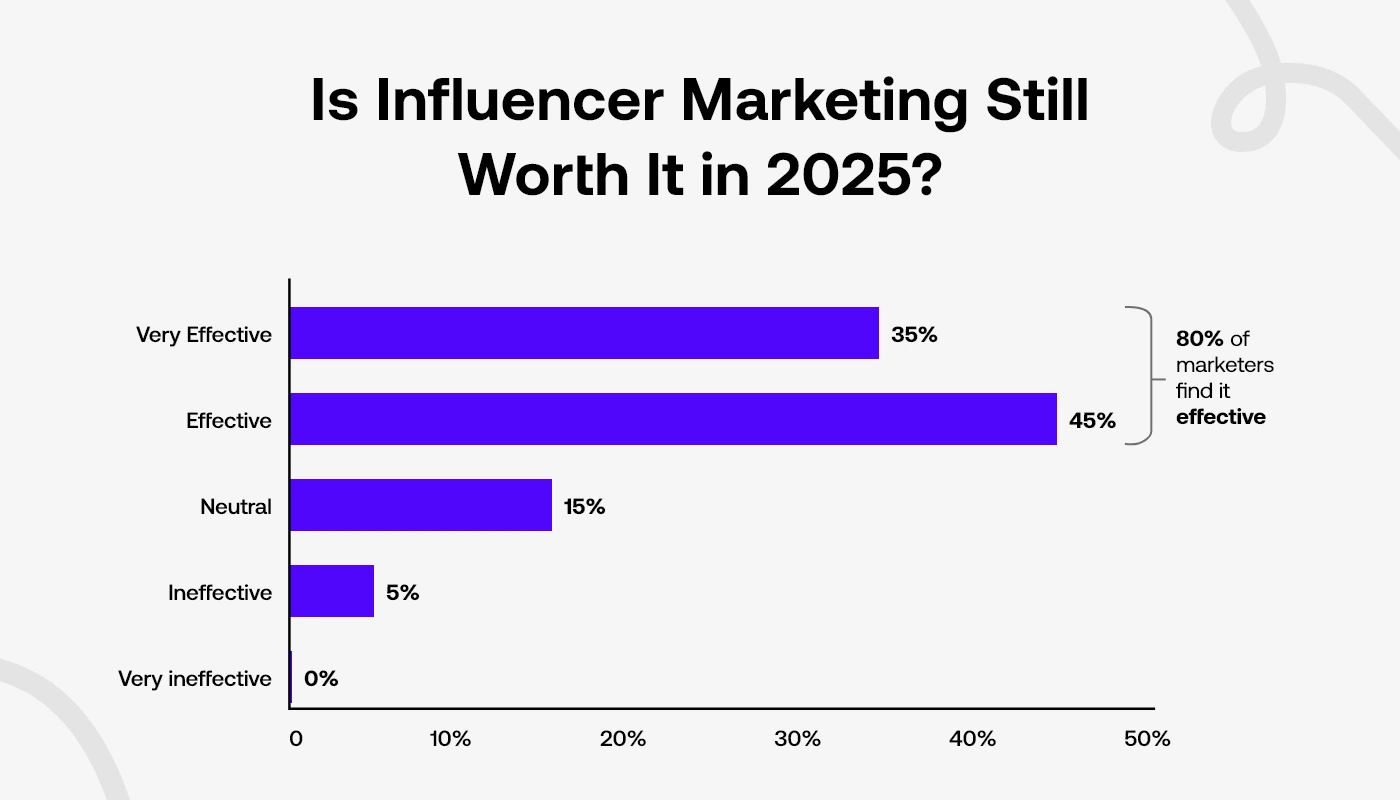
Feedback and Iterate Fast
Track retention, DAU/MAU, and uninstalls. Improve based on real behavior. Use tools like Mixpanel or Amplitude to study user patterns and optimize accordingly.
8. Scale Up with Post-Launch Optimization
Now’s the time to shift gears from product-market fit to sustainable scale.
Track the Right Metrics
Focus on retention, churn, session length, conversion rates—not just downloads. These numbers reflect the health of your app.
Roll Out in Sprints
Resist the urge to launch 10 new features at once. Release updates in smaller sprints. Validate. Measure. Repeat. That’s how winners scale.
Prepare to Scale
Internationalization, performance optimization, and migrating to microservices all come into play as your audience grows. Your app needs to evolve with your user base.
Why Codiant is the Right Tech Partner for Your Startup
At Codiant, we don’t just deliver code, we bring startup speed, product mindset, and real results to every development for startups. Whether you’re validating an idea or scaling post-launch, we tailor strategies around your objectives.
We help you:
- Test your idea with users using lean startup methods.
- Build fast, functional MVPs under tight timelines.
- Choose a business model that actually works.
- Set up clean, scalable tech from the start.
- Launch with clarity, confidence, and traction.
From MVP to scale, Codiant develops apps like we’re part of your founding team. Backed by dozens of success stories, we’ve helped turn hundreds of early-stage ideas into successful apps—and we’ve learned a lot about what makes a product stick—and what doesn’t. The Codiant is dedicated to guide the entrepreneurs & startups for the app development in UK , tech stack compliance and many more.
Conclusion
Building a mobile app is more than just launching a product, it’s the foundation of a scalable business, especially when considering mobile app development in Sydney as a competitive and innovation-driven market. Success starts with identifying a real market need, developing a lean MVP, validating your concept quickly, and refining it through continuous feedback. Every great app begins with strategic timing and the right talent behind it.
Knowing the best time to hire app developers can make a significant difference in execution speed, cost efficiency, and overall product quality. With a skilled team, the right tools, and a growth-driven mindset, you’re already setting your business up for long-term success in the digital ecosystem.
Frequently Asked Questions
Start by understanding your users. Do comprehensive mobile app market research and validate a real pain point. Then, follow the lean startup methodology to build a simple MVP. Keep your first version small but useful. Test early, iterate fast, and stay flexible. Starting lean helps you avoid waste—and build something people actually want.
For most startups, an MVP costs anywhere between $15,000–$50,000. If you’re building something larger or more custom, expect the budget to go north of $100,000. Factors like design, features, platform choice, and your development partner (like Codiant) all play a role. That’s why smart mobile app development for startups starts with a clear scope.
Yes, you do. An MVP (Minimum Viable Product) is the fastest way to test your app idea with real users. It includes only the must-have features to solve a problem. With MVP app development, you learn what works and what doesn’t—before spending a fortune. It’s the backbone of smart app development for startups.
Start simple. Set up a landing page, collect emails, run polls, or build a no-code prototype. The goal is to gauge interest before you invest. Good mobile app startup ideas should attract real people with a real problem. If nobody bites, you either need to reposition—or pick a better problem to solve.
At Codiant, we specialize in mobile app development for startups. Whether you’re building your first MVP or scaling post-launch, we guide you through ideation, design, development, and growth. We think like founders, work fast, and build lean. From strategy to code—we’re your product team, not just a vendor.
Because we don’t just build apps—we help you build a business. As a full-stack partner with deep experience in startup app ideas, mobile app business models, and agile development for startups, Codiant gives you speed, structure, and strategic thinking. You get expert guidance and scalable execution—without the headaches of managing scattered teams.
Featured Blogs
Read our thoughts and insights on the latest tech and business trends
Top iPhone App Development Companies in USA in 2026
- February 18, 2026
- Mobile App Development
In a Nutshell The USA remains one of the strongest hubs for premium iPhone app development in 2026, especially for fintech, healthcare, retail, and SaaS brands. Choosing the right iOS partner goes beyond portfolios; the... Read more
How to Choose the Right AI Development Partner in the USA (Enterprise Guide 2026)
- February 12, 2026
- Artificial Intelligence
In a Nutshell Enterprise AI success starts with clear business goals, not vague plans like “we need AI.” The best AI development partners deliver real production systems, not just impressive demos or prototypes. Industry alignment... Read more
How AI Is Transforming Transport & Logistics Operations in Real Time
- February 10, 2026
- Artificial Intelligence Logistics & Transportation
In a Nutshell: AI in transport & logistics is enabling faster, smarter decision-making across fleets, warehouses, and supply chains. Real-time logistics optimization improves route planning, dispatching, and delivery efficiency as conditions change. AI-driven forecasting and... Read more
